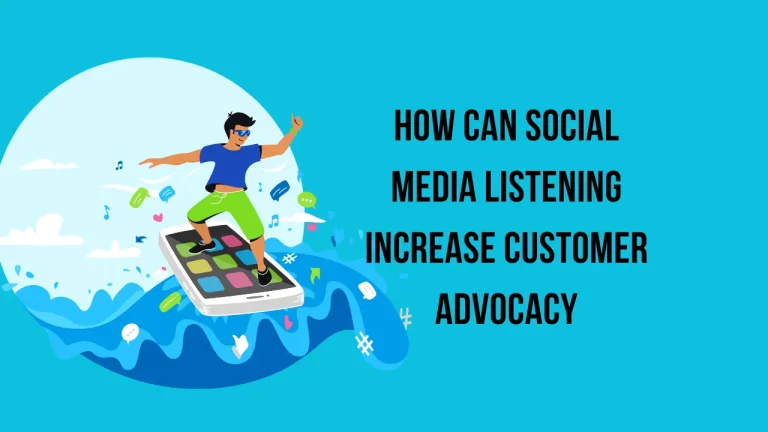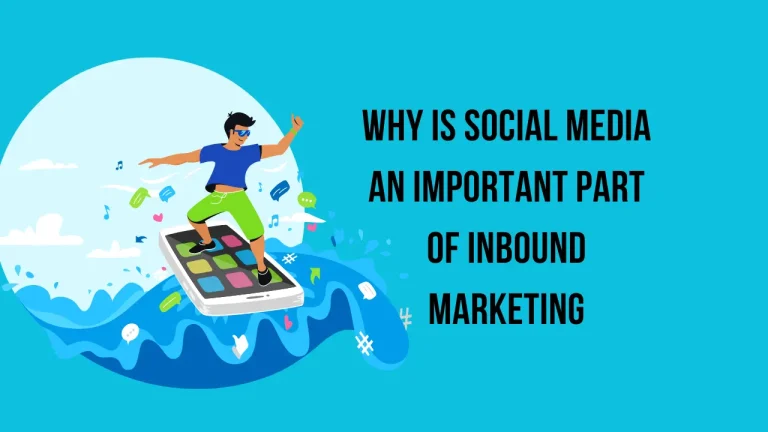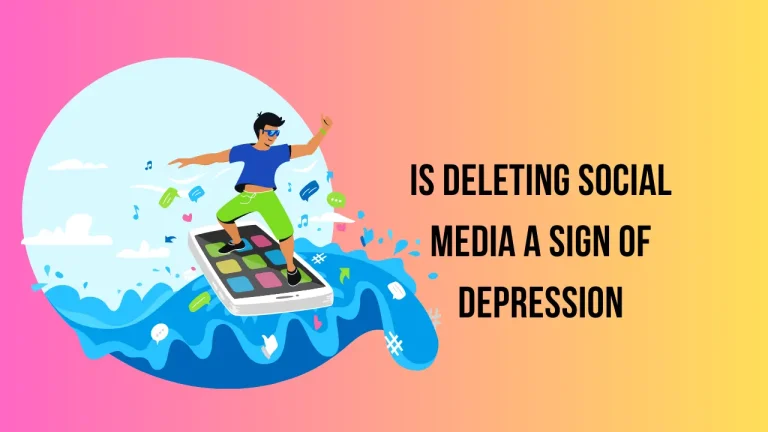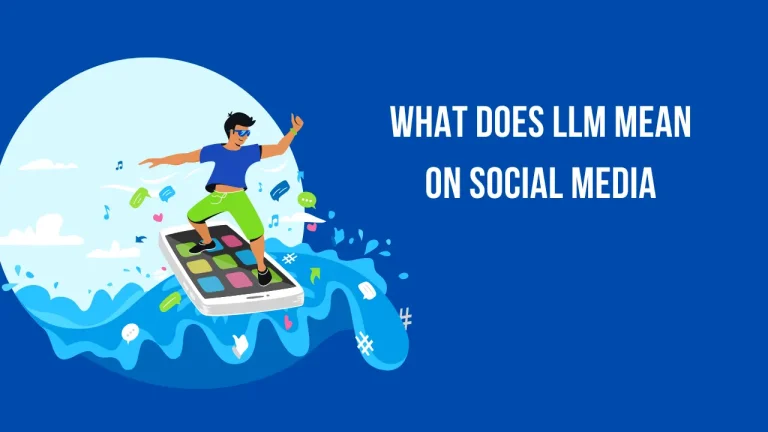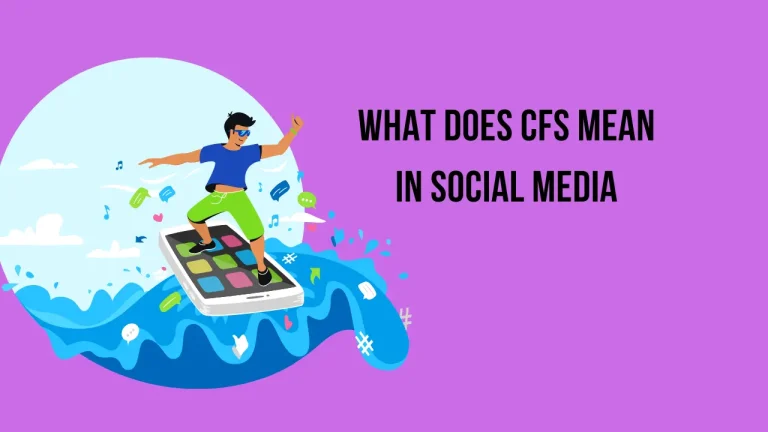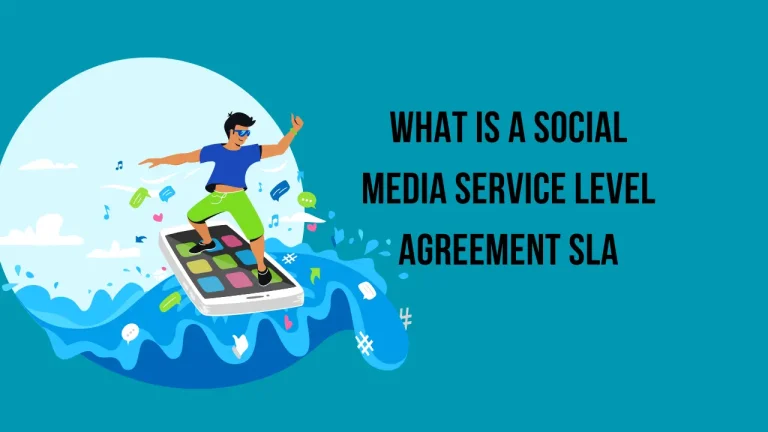Does Social Media Make Teens Unhappy
Do you ever find yourself feeling down or dissatisfied after scrolling through your social media feeds? Does Social Media Make Teens Unhappy? Social media has become an integral part of our lives, especially for teenagers. But what impact does it have on their happiness and well-being?
Research suggests that excessive means of social media can indeed make teens unhappy. Numerous studies have shown a strong correlation between heavy social media use and increased feelings of loneliness, depression, anxiety, and low self-esteem among adolescents.
One possible reason for this is the constant exposure to idealized versions of others’ lives on platforms like Instagram and Snapchat. Seeing carefully curated posts showcasing perfect bodies, luxurious vacations, and seemingly endless popularity can lead to comparisons and feelings of inadequacy.
Additionally, the addictive nature of social media can negatively affect mental health. Spending excessive amounts of time staring at screens rather than engaging in real-life interactions can contribute to a sense of isolation and disconnection from others.
However, it’s important to note that not all aspects of social media are harmful. When used in moderation and with awareness, these platforms can provide valuable connections and opportunities for self-expression.
In this article, we will explore the influence of social media on teenagers’ self-esteem and mental health. We will also discuss strategies for promoting a healthier relationship with social media, emphasizing open communication with parents or guardians as well as seeking professional help when needed.
Key Takeaways
- Excessive use of social media can negatively impact teens’ mental health, leading to increased loneliness, depression, anxiety, and low self-esteem.
- The addictive nature of social media can contribute to a sense of isolation and disconnection, hindering the development of crucial social skills necessary for healthy relationships.
- Cyberbullying on social media platforms can contribute to feelings of isolation, low self-esteem, and depression.
- Taking breaks from social media, engaging in offline activities, and nurturing face-to-face interactions are important strategies for promoting a healthier relationship with social media and improving mental health.
The Influence of Social Media on Teenagers’ Self-Esteem

You might be surprised by how social media can negatively impact your self-esteem as a teenager. The impact of social media on body image is a major concern for many teenagers. Constant exposure to carefully curated and filtered images of supposed ‘perfect’ bodies can lead to feelings of inadequacy and dissatisfaction with one’s own appearance.
Additionally, the influence of social media on peer relationships cannot be overlooked. Seeing others posting about their seemingly perfect lives, filled with exciting events and happy moments, can make teenagers feel left out or like they don’t measure up to their peers. This constant comparison can take a toll on their self-esteem and overall well-being.
Transitioning into the subsequent section about ‘the role of social media in teenagers’ mental health,’ it is important to recognize that these negative effects on self-esteem are just one aspect of how social media impacts teens’ well-being.
The Role of Social Media in Teenagers’ Mental Health
In this discussion, you’ll explore the link between social media use and depression, as well as the connection between social media and anxiety.
Research has shown that excessive use of social media can contribute to feelings of depression and low self-esteem among teenagers.
Furthermore, studies have found a correlation between heavy social media use and increased levels of anxiety in adolescents.
Lastly, it has been observed that spending excessive amounts of time on social media platforms can lead to disrupted sleep patterns and insomnia among teenagers.
The Link between Social Media Use and Depression
Imagine scrolling through social media, feeling a sense of heaviness as you see countless posts that showcase unrealistic beauty standards and perfect lives, further fueling your own feelings of inadequacy and depression.

The link between social media use and depression in teenagers is becoming increasingly evident. Research has shown that excessive social media use can negatively impact academic performance, leading to lower grades and decreased motivation to study.
Additionally, cyberbullying on social media platforms can contribute to feelings of isolation and low self-esteem, both of which are risk factors for developing depression. Moreover, studies have found that the constant comparison to others’ seemingly perfect lives on social media can lead to increased depressive symptoms among teenagers.
As we delve deeper into the connection between social media and anxiety, it becomes clear that the negative effects of excessive social media use are multifaceted and should not be ignored.
The Connection between Social Media and Anxiety
Picture yourself caught in a cycle of endless scrolling, your heart racing with each notification that pops up on your screen. The connection between social media and anxiety is undeniable, especially for teenagers. Cyberbullying is one aspect that impacts their mental health significantly.
According to a study by Hinduja and Patchin (2018), victims of cyberbullying are more likely to experience higher levels of anxiety and depression. Social media platforms provide an easy avenue for bullies to target vulnerable individuals relentlessly. Furthermore, the role of social media in body image dissatisfaction cannot be ignored.
Teenagers are constantly exposed to unrealistic beauty standards on these platforms, leading to feelings of inadequacy and low self-esteem. This pressure can contribute to heightened anxiety levels among teens who are already prone to comparison and self-doubt during this developmental stage.
Transitioning into the subsequent section about ‘the relationship between social media and sleep disturbances’, it’s important to understand how excessive screen time affects the quality of sleep among teenagers.
The Relationship between Social Media and Sleep Disturbances
To fully comprehend the impact of excessive screen time on your sleep quality, it’s crucial to explore the intricate relationship between social media and sleep disturbances.
Several studies have shown a significant association between social media use and poor sleep patterns in teenagers. Research suggests that spending excessive time on social media platforms before bed can lead to difficulty falling asleep and disrupted sleep throughout the night. These disturbances can negatively affect various aspects of your life, including academic performance and interpersonal relationships.
In terms of academic performance, inadequate sleep due to social media use can impair concentration, memory, and cognitive abilities. It may also lead to decreased motivation and productivity during school hours. Additionally, spending more time engaged in virtual interactions rather than face-to-face interactions can hinder the development of crucial social skills necessary for healthy interpersonal relationships.
Transitioning into strategies for promoting a healthier relationship with social media, it’s important to find ways to balance screen time with other activities such as exercise, hobbies, or spending time with friends and family.
Strategies for Promoting a Healthier Relationship with Social Media

To promote a healthier relationship with social media, it’s important to practice digital detoxes and limit screen time. Taking regular breaks from technology can help reduce the negative effects of social media on mental health.
Encouraging offline activities and face-to-face interactions is another strategy that can help teenagers develop a more balanced approach to their online and offline lives.
By promoting positive online communities and supportive relationships, teenagers can find a sense of belonging and support in their online interactions, which can contribute to their overall well-being.
Practicing Digital Detoxes and Limiting Screen Time
Take a break from social media and limit your screen time to regain control of your happiness and mental well-being.
Practicing digital detoxes and limiting screen time can have a positive impact on your digital well-being. Research has shown that excessive use of social media can lead to screen addiction, which can negatively affect your mood and overall satisfaction with life.
By disconnecting from the virtual world and engaging in offline activities, you give yourself the opportunity to focus on real-life experiences, build meaningful relationships, and improve your mental health.
Taking breaks from social media allows you to prioritize self-care, reduce stress levels, and increase productivity.
So put down your phone, step away from the screen, and start embracing face-to-face interactions and offline activities that will enrich your life in more ways than one.
Encouraging Offline Activities and Face-to-Face Interactions
Now that you’ve learned about practicing digital detoxes and limiting screen time, let’s explore another effective strategy for combating the potential negative effects of social media on teen happiness.
Encouraging offline activities and face-to-face interactions can provide a much-needed break from the digital world and help improve overall well-being. Offline hobbies such as painting, playing a musical instrument, or engaging in sports not only offer an escape from the pressures of social media but also provide opportunities for personal growth and self-expression.
Additionally, face-to-face interactions foster the development of essential social skills, such as empathy, communication, and conflict resolution. By prioritizing offline activities and real-life connections, teens can find balance in their lives and build resilience against the potential negative impacts of excessive social media use.
- Join a local club or organization centered around your interests.
- Plan regular outings with friends or family members.
- Engage in volunteer work to connect with others while making a positive impact in your community.
Transition: Developing offline hobbies and nurturing face-to-face interactions is crucial for building a strong foundation to promote positive online communities and supportive relationships.
Promoting Positive Online Communities and Supportive Relationships
Get involved in online communities that promote positivity and build supportive relationships with like-minded individuals who share your interests. By actively participating in these communities, you can counteract the negative effects of social media on your well-being.
Online bullying is unfortunately prevalent, but when you surround yourself with positive influences, it becomes easier to navigate through such challenges. These communities foster empathy online, encouraging members to support one another and stand up against cyberbullying.
Connecting with people who understand and validate your experiences can help alleviate feelings of unhappiness or isolation that may arise from social media use.
In the next section about the importance of open communication and education, we will explore further strategies for maintaining a healthy relationship with social media without compromising your happiness.
The Importance of Open Communication and Education

Through open communication and education, parents and educators can create an environment where teens feel comfortable discussing their experiences with social media and its potential impact on their happiness. Open communication allows for a safe space where teens can express their concerns, ask questions, and seek guidance without fear of judgment or punishment.
By fostering a non-judgmental atmosphere, parents and educators can effectively address issues related to social media use and provide support when needed. Additionally, promoting digital literacy is crucial in educating teens about the potential risks and benefits of social media.
Teaching them how to critically evaluate online content, navigate privacy settings, and manage their time online empowers them to make informed decisions that contribute to their overall well-being. By encouraging open communication and providing digital literacy education, we lay the foundation for helping teens navigate the complex world of social media while maintaining their happiness.
Seeking Professional Help and Resources
Seeking professional help and utilizing available resources can be a valuable step towards finding support and guidance in navigating the challenges associated with social media. If you or someone you know is struggling with the negative impact of social media on their mental health, consider these options:
- Professional Counseling: A trained therapist can provide personalized strategies to cope with the pressures of social media, such as managing self-esteem issues or setting healthy boundaries.
- Online Support Groups: Connecting with others who are facing similar challenges can offer a sense of belonging and validation. Online support groups provide a safe space to share experiences, exchange advice, and learn coping mechanisms.
Remember, seeking help isn’t a sign of weakness but rather a proactive approach to improving your well-being. With proper guidance from professionals and support from online communities, it’s possible to find balance and happiness while using social media responsibly.
Frequently Asked Questions
Conclusion
In conclusion, it’s evident that social media can have a detrimental impact on teenagers’ well-being. Numerous studies and research have shown the negative association between excessive social media use and teen unhappiness, self-esteem issues, and mental health problems.
However, by promoting a healthier relationship with social media through open communication, education, and seeking professional help when needed, we can empower teenagers to navigate this digital landscape more effectively.
It’s crucial for parents, educators, and society as a whole to address these concerns and provide appropriate support systems for our teens.

